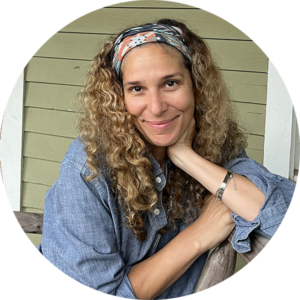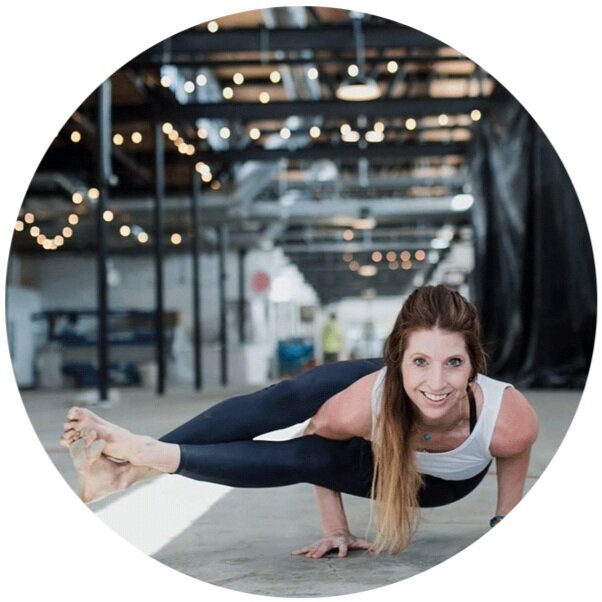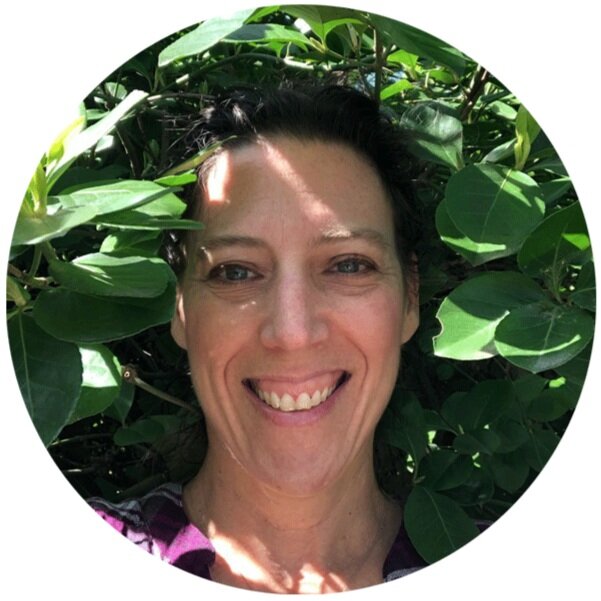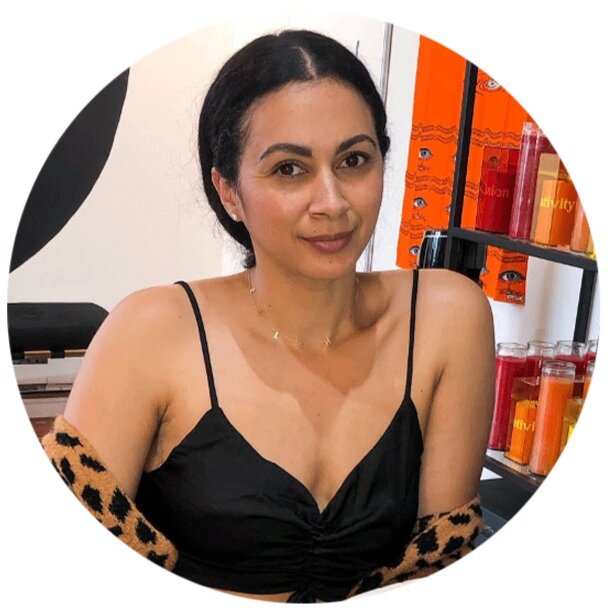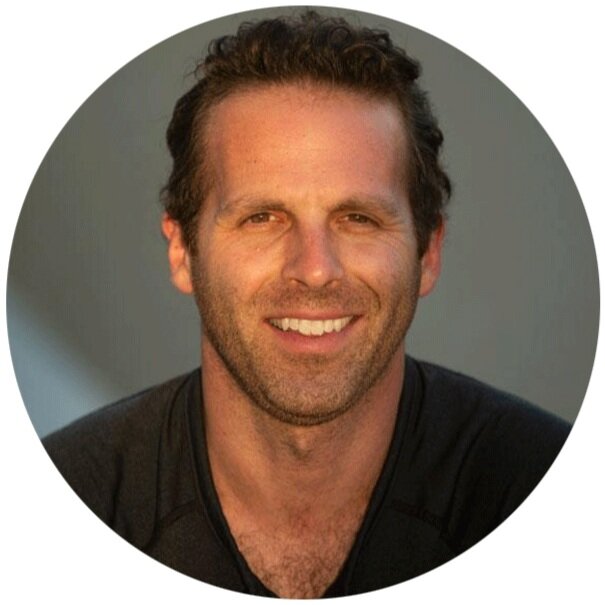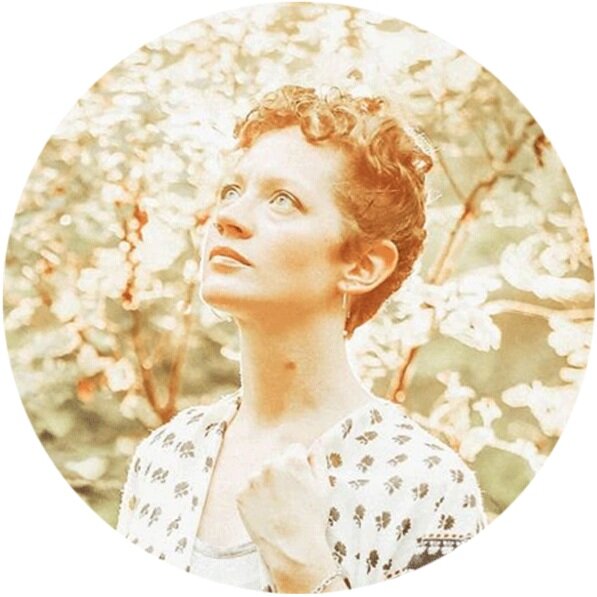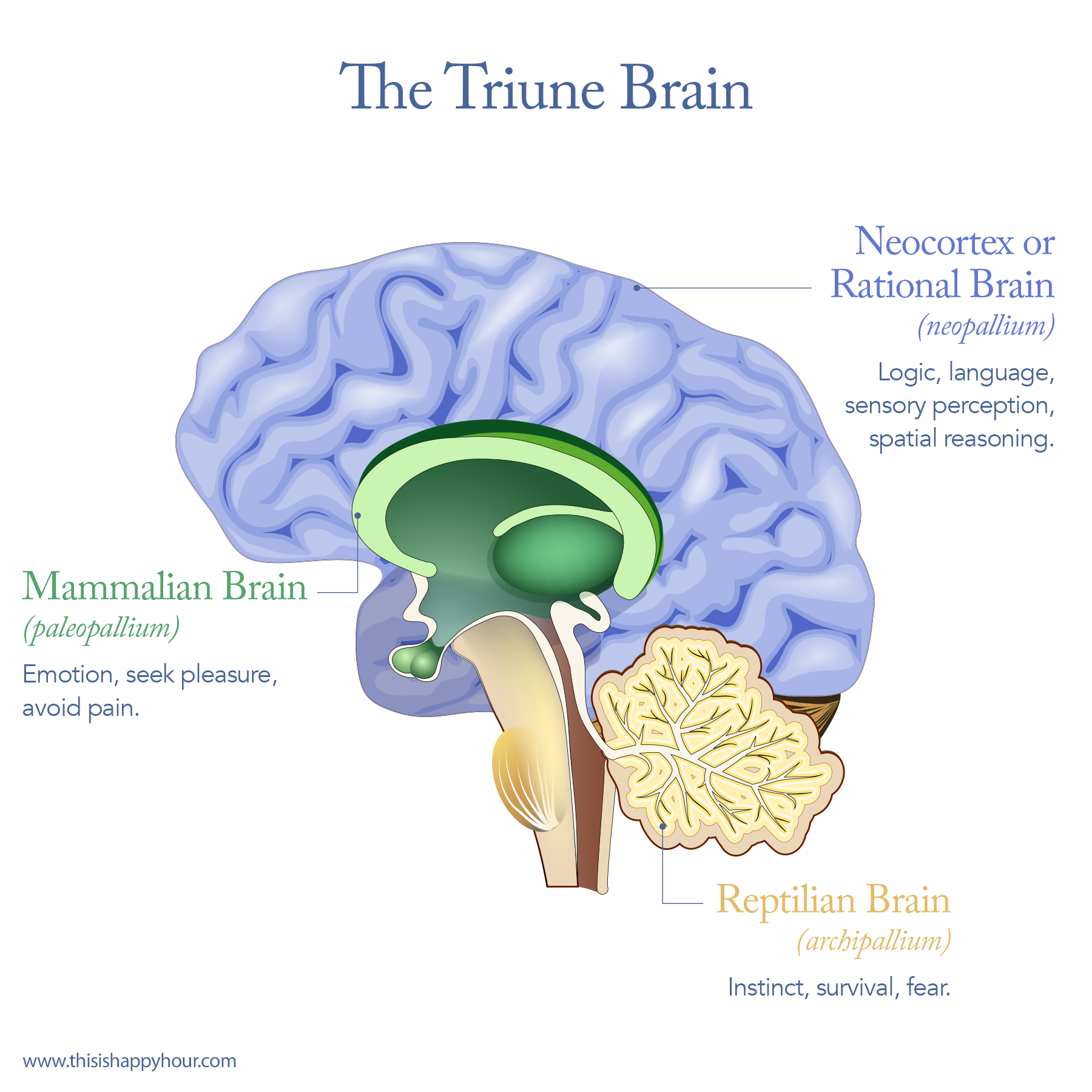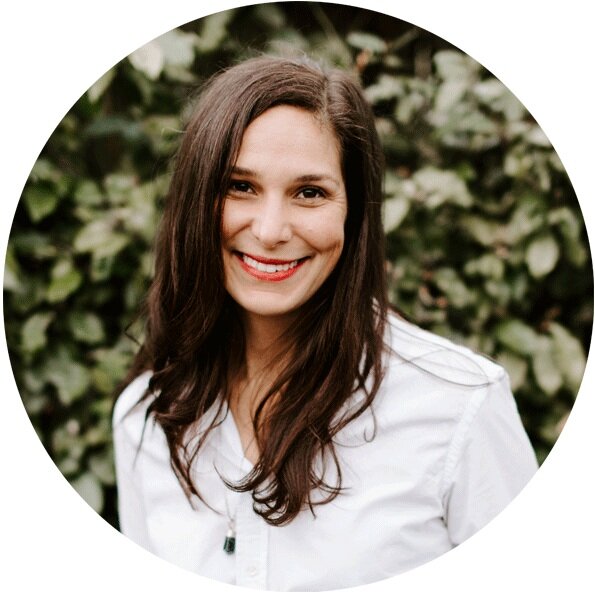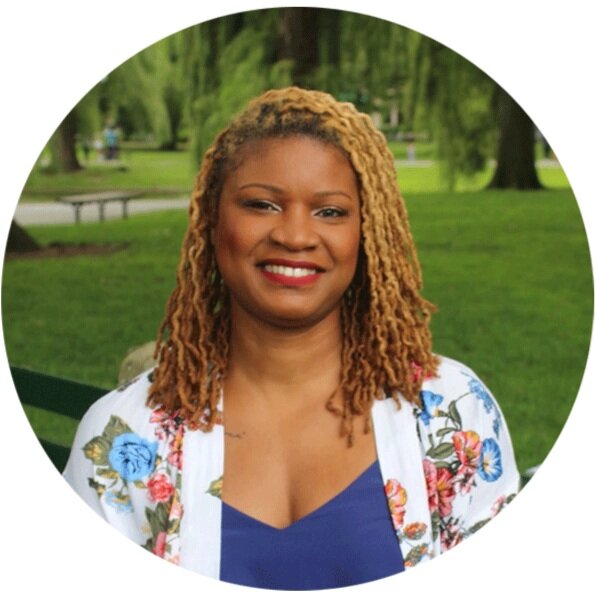Two weeks into celebrating Mental Health Month and we’re more excited than ever! Not only have our guests been dropping truth bomb after truth bomb on us, but we’ve been so inspired that we’ve incorporated some of their mental wellness tips and practices into our day-to-day. If you missed any of this week’s content, not to fear, here comes your weekly recap…
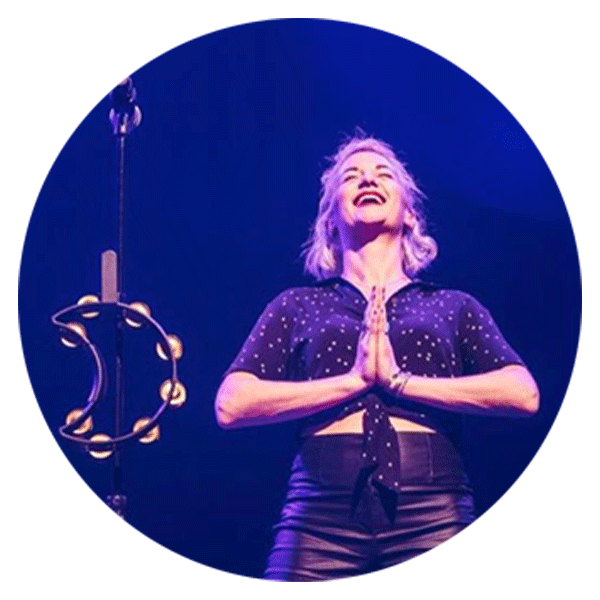
Rachel Beauregard
Rachel is a musician and yogi, and we couldn’t wait to learn how she cultivated her wonderful sense of confidence and comfort in her own skin. It all started with a really positive and supportive upbringing, but Rachel noted that at some point you take your mental state into your own hands, and have to do the work to start understanding your tendencies and values.
On Loving her Body
When it comes to having a positive body image, it’s important to remember it’s a daily practice of figuring out how to be your own friend, instead of your enemy. Rachel also finds strength in the affirmations: “You HAVE a body, you are not your body.” She also noted that it’s important to recognize that you will have bad days, and no book or mantra will bring you out of it. At that point it’s important to acknowledge and be honest about your thoughts and your feelings, so you can eventually move on. Remember, “You HAVE thoughts but you are not your thoughts.”
On Acceptance of Change and Cultivating Grace
Rachel’s confidence and ability to go with the flow comes down to putting in the work:
- Create a Routine
- Makes you accountable to yourself
- Allows you to start your day with presence
- When Things get Tough
- Have a check-in buddy, so that you don’t feel the need to hold it all in
- Talk to a therapist
- Start with Humility
- Acknowledge that you can’t do it all, and that’s okay
- Understand that what you can manage can look different from day-to-day
- Make small changes, without beating yourself up for missteps
- Be accountable and don’t make up excuses, but accept that you can make mistakes
On Pregnancy
- Find a community, or person that you can reach out to that won’t shame you for your feelings
- Understand that you can be SO grateful for the gift of a child, but that your hardships are still valid. You are allowed to complain
- Ask for what you need
“Feelings are truth, but they are not you as a person, they are not your character.”
Follow Rachel on Instagram
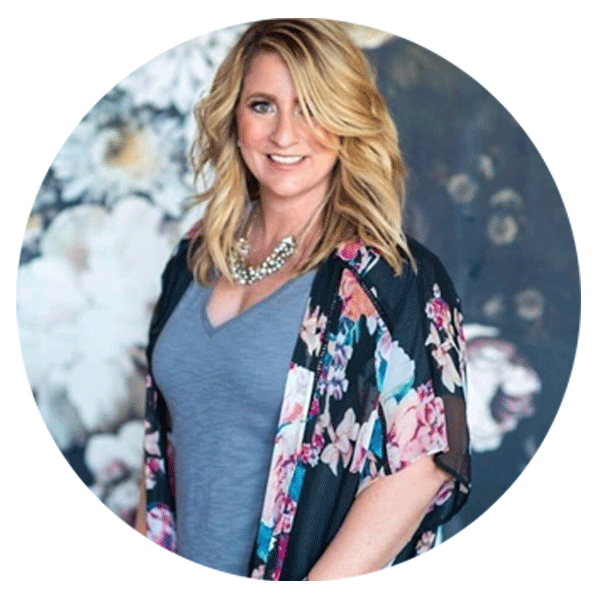
Kathy Thomas
Kathy is a photographer, mother and the owner of Collective 615, the first women-owned coworking space for women in Nashville.
On Mental Health
As Kathy has grown wiser over the years, she allowed her own experiences, and the experiences of those closest to her, pique her curiosity about mental health. She began slowing down and peeling back the layers of her twenties and thirties, where she admittedly didn’t prioritize things like spiritual and mental health; and instead focused on who she is as a person.
“You cannot move forward until you truly face yourself.”
On Career Change
After working in corporate America, Kathy decided that she wanted to own her time, but found working from home alone isolating. She began looking into it and saw that women who worked from home saw an increase in depression. From experience, Kathy felt like her home was no longer her home, but her job. She had trouble with boundaries, with work infiltrating her personal and family time, and infiltrating a space that she wanted to feel sacred.
This inspired Kathy to open up her heart and eyes for what makes people work, and led to creating Collective 615. She knew she wanted to focus on a sense of support and energy of community.
On Being Role Model to New Business Owners
- Give yourself a lot of grace.
- Find a core group who supports you when you’re flat on your face. Your community doesn’t have to look a certain way, it needs to FEEL a certain way.
- Don’t force relationships that have run their course. Sometimes with growth, you’ll outgrow certain friends. If a relationship brings you down or makes you feel bad, then let it go.
- Asking for help can sometimes be the hardest thing, especially when help is one-sided. You may not be able to reciprocate right now, but don’t let that stop you asking for the help you need.
For more, visit Collective 615
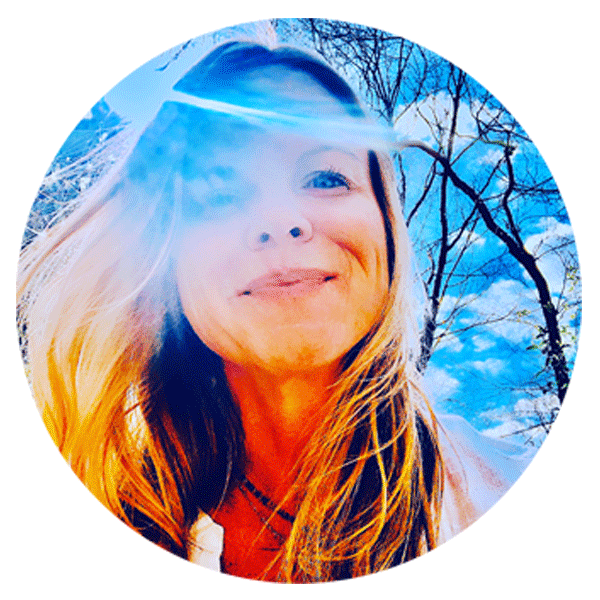
Alli Mills Lindsey
A Certified Holistic Coach, Alli has a way of blowing your mind with profound nuggets of wisdom, wrapped up in the most accessible delivery. After years of teaching yoga, she looked into coaching as a way to help people become more present mentally and physically.
On Being Present
Our culture is so focused on go go go, and we’re so focused on the future that we can become disconnected from our present. It can take a lot of courage to acknowledge fearful parts of our lives, in fact our minds are programmed to move away from things that cause us fear. If left unchecked, this can lead to stress, lack of sleep, emotional distress and even physical pain.
On Grounding
Use your breath to check in with yourself at least once a day. What you notice will be different from hour to hour, day to day. But, by checking in, you can become aware of your feelings and needs, and your thoughts will remain fluid.
- Close your eyes and notice your breath. Breath is a really powerful link to our life.
- Take your breath into your physical body.
- Take your breath into thoughts. Are they in the future? Are they in the past?
- Take your breath into your emotions.
On Cultivating Mental Wellness in Young Women
In Alli’s work with young women from all backgrounds, she noticed a common thread: they were all stressed out, and what they needed most was a safe space to be quiet, present, and loved. Giving them space to let go and be themselves was huge.
Her advice to mothers and mother figures wanting to connect with their daughters is to have an easy presence, allowing them to come to you. If you make sure they feel seen, and you give them the space to just be, they’ll be more receptive on the occasions that you do need to tell them what to do.
Another big thing is teaching them grounding breathwork, and to listen to their inner wisdom. During the transition from child to adult, they begin to explore who they are, and can also often feel pressured to be someone else. Parents need to recognize and respect when girls are listening to themselves.
On Getting Unstuck
Patience is key here, it’s a process. Small turns can lead you away from your life’s purpose.
- First things first, find out where you are. If you think of your life like a map; to get to where you’re going, you first need to understand where you are. Otherwise, no matter how good a map you have, you’ll likely remain lost. Be patient with yourself as you begin this inquiry.
- Become more present. Focus on your breath – get grounded.
- Take that first step, no matter how small it is. We often get so distracted by the end goal, that it feels insurmountable. The universe will respond, but you have to take that first step.
- Think about your purpose. Think about where your path changed – what led you that way? Start to notice the things you do that make you feel like you have purpose.
- Come into your power. Finding your authenticity and living an authentic life is powerful. That’s not to say there won’t be bumps in the road, but it will give you a better ability to return back to who you are.
“If you make enough right steps, you will eventually get home.”
For more, visit Alli’s website

Koula Callahan
Yogi, Koula Callahan, took over our stories to give us a peek into a day-in-the-life and how she uses mindful movement to set herself up for success.
Koula typically starts her day with a yoga class, whether or not she’s teaching. A key to her mental wellbeing, is a rule she sets for herself – no looking at the phone until after class. This mindful movement helps her to start her day from a place of physical presence, working out any tensions and resistance she might be carrying. It also helps her to start her day from a centered and calm space, keeping her in her limbic brain for longer, and building her up before the stresses of the day weigh her down.
On the Importance of Mindful Movement
Mindful movement helps to develop the mind-body connection, and helps us work through structures in the body that are keeping us stuck. It also increases the activation of your prefrontal cortex, and helps to develop self awareness and self compassion.
People with a mindful movement practice:
- Experience less stress and anxiety
- Are less likely to develop cognitive disabilities
- Sleep better
- Are less likely to get sick
- Have an improved mood
On the Brain
The limbic brain is where you process emotions, creativity, and the subconscious self. The prefrontal cortex is where you process higher thought patterns, problem solving, and is essentially the part of the brain activated throughout your workday.
By spending time in your limbic brain before you activate your prefrontal cortex, you help develop your emotional intelligence and process your thoughts through the unconscious thoughts that could be keeping you stuck. This is why it’s key to spend your mornings doing something mindful, (think: movement, walking, or writing) before checking email and moving into the ‘higher thinking’ part of your brain.
“With practice, you can become more integrated with yourself, your emotions, and your physical self.”
Follow Koula on Instagram
